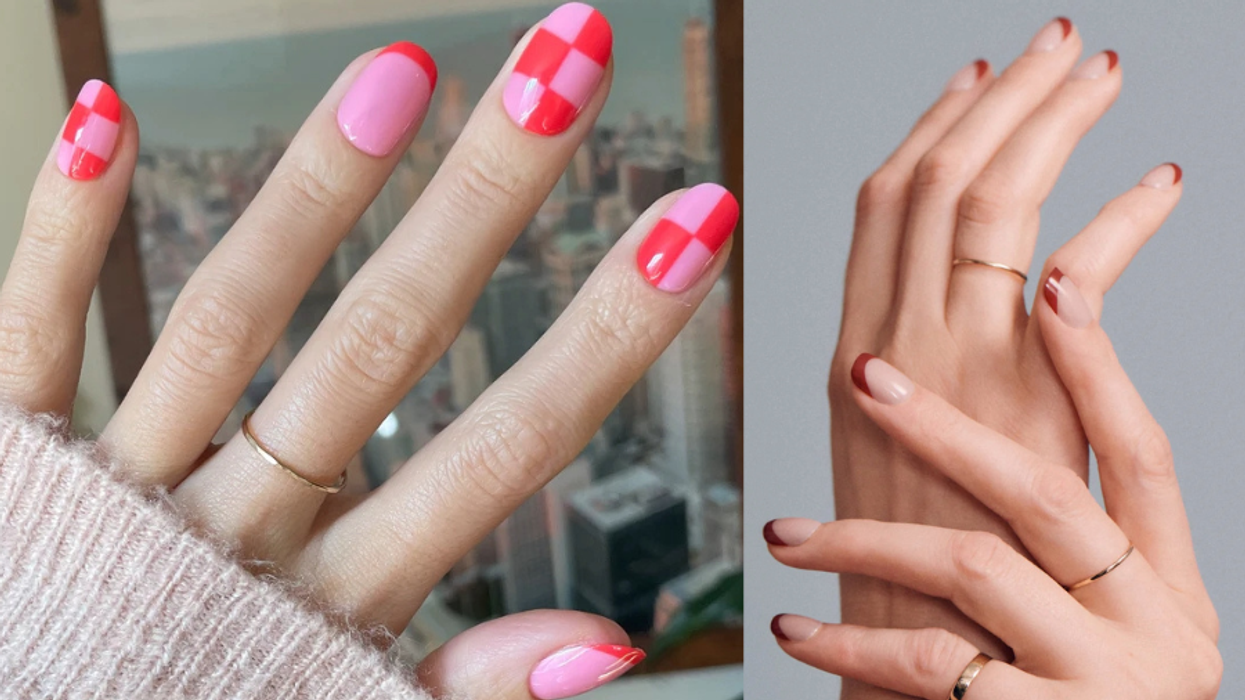Not all sleepers are created equal.
This Infographic Shows How Much Sleep You *Really* Need

You’ve been told time and time again that a solid night’s sleep is crucial to your health. Eight hours has been the golden rule for some time now, and that’s all well and good for people who have the perfect work-life balance. But hello, new kids? Long work hours? Excuse us while we drink our coffee and grumble about young whippersnappers.
The National Sleep Foundation (NSF) has taken another look at this everyday dilemma. And it turns out, not all sleepers are created equal. After more than two years of research, the NSF has updated its ideal snooze recommendations according to age group. Rub the sleepies out of your eyes and peep this infographic.
One trend is clear — the older you get, the less sleep you need. No surprises there, considering how often newborns drift off and how grandparents are always up at the crack of dawn.
What is new is that the recommended sleep ranges have widened. The old “eight hours” adage, while ideal for many, does not need to be taken as a hard and fast rule for all. The research shows that not only do sleep needs vary by age group, they also vary by individual. Odds are that you should be aiming for the seven-to-nine hour range, as that’s what sustains healthy adults right up into their 60s. But you may feel perfectly rested after six hours, while your friend may happily snooze through her alarm every morning, and you both could be totally normal. And if you know a teenager who always sleeps a few hours more than you, that’s not just normal, don’t worry — it’s recommended. So rest easy! The experts are giving you some wiggle room.
The important thing is to be aware of how you feel on a regular basis — if you’re relying on extra shots of espresso every morning, are you really getting enough? Do you only feel good on the weekends when you don’t set the alarm? If you’re at the lower end of your age bracket’s spectrum and don’t feel bright-eyed and bushy-tailed, the NSF stresses that you must make it a priority. Their suggestions include:
- Sticking to a sleep schedule
- Starting a relaxing bedtime ritual
- Exercising daily
- Making sure the atmosphere in your bedroom is conducive to resting
Lastly, don’t try to be superwoman if it means your overall health suffers. We’ve gotta agree with the NSF on this one: “…don’t make [sleep] the thing you do only after everything else is done — stop doing other things so you get the sleep you need.”
Where do you fall on the National Sleep Foundation’s revised sleep recommendation? Join the slumber party in the comments!



















